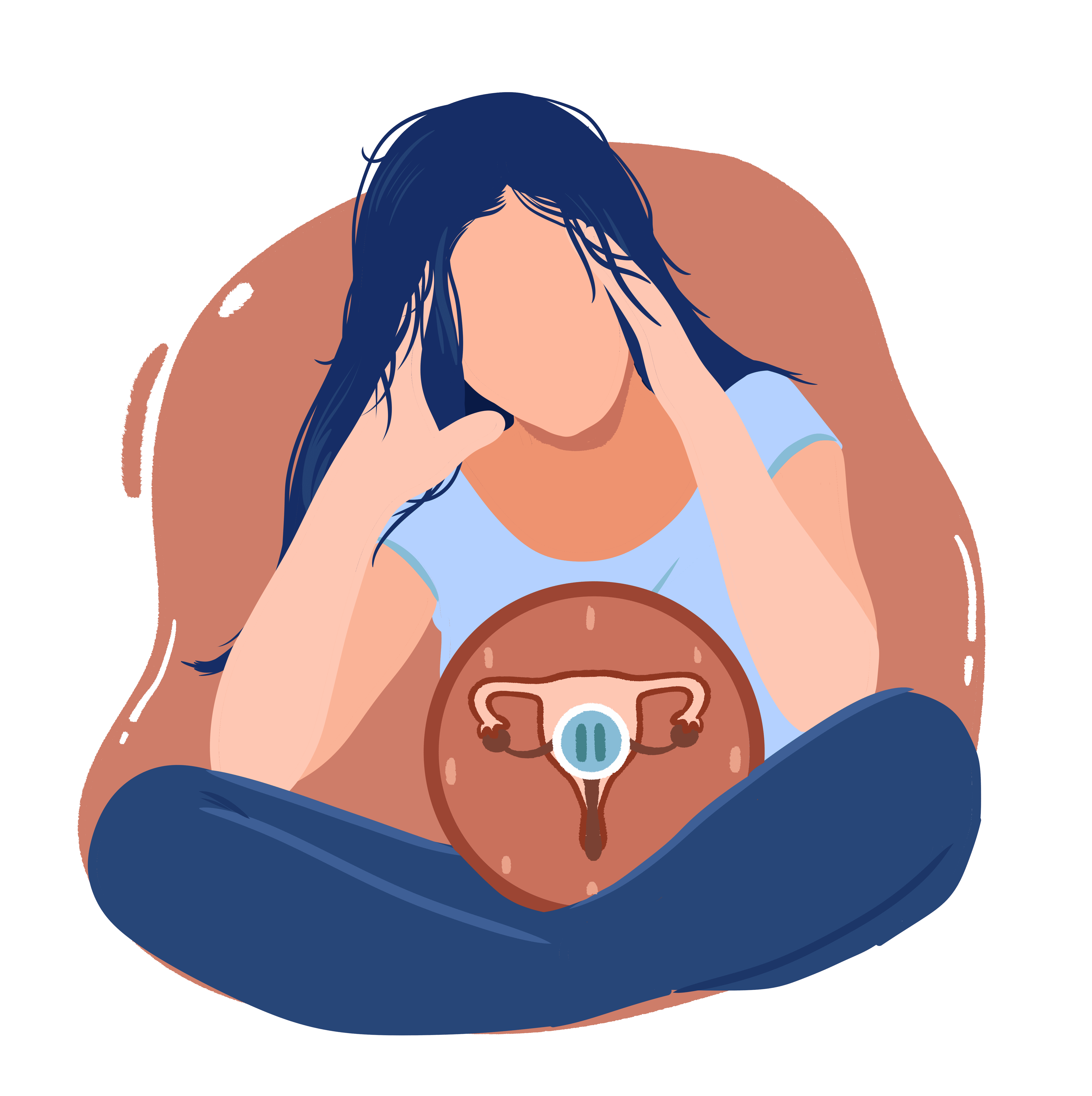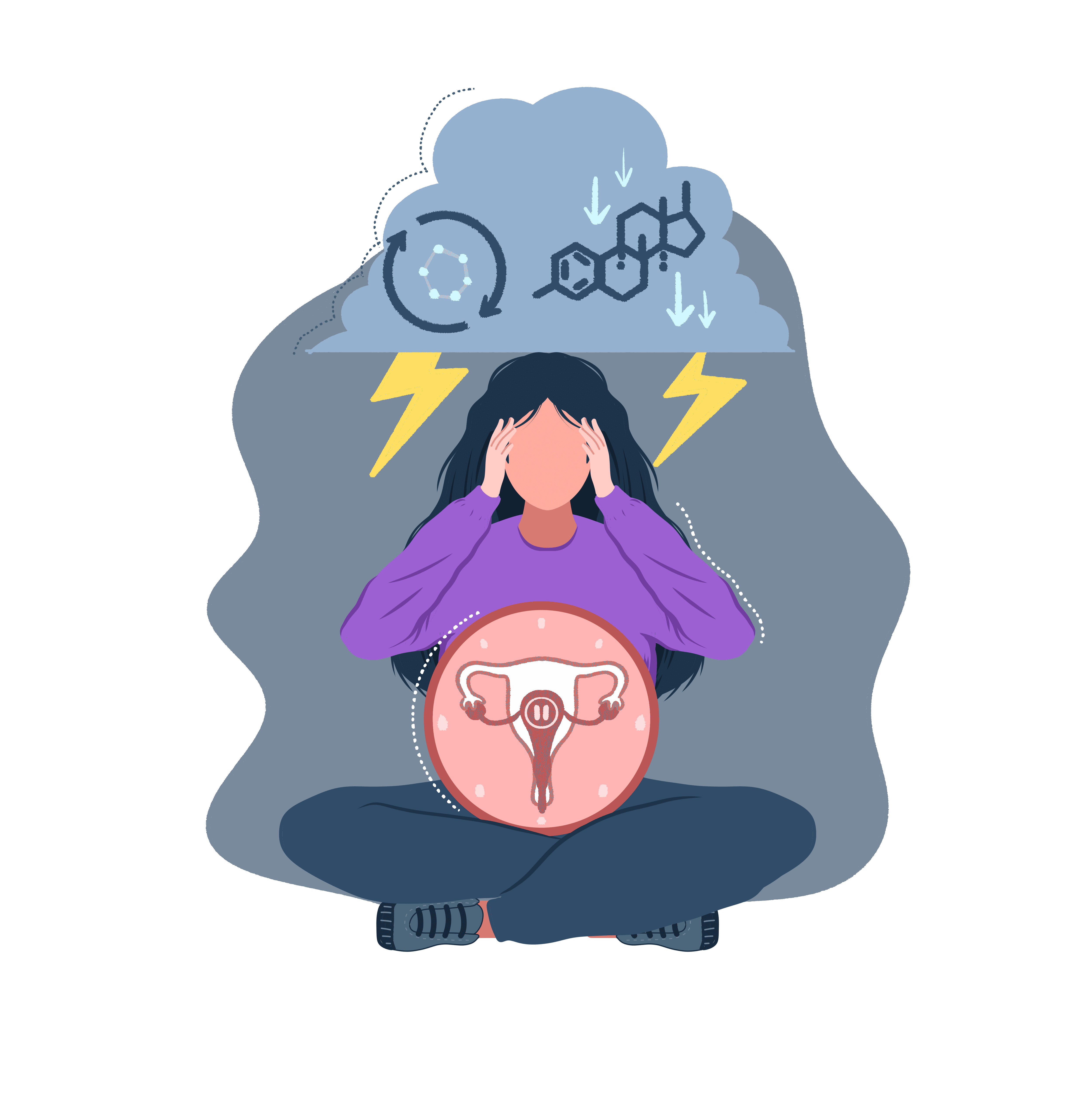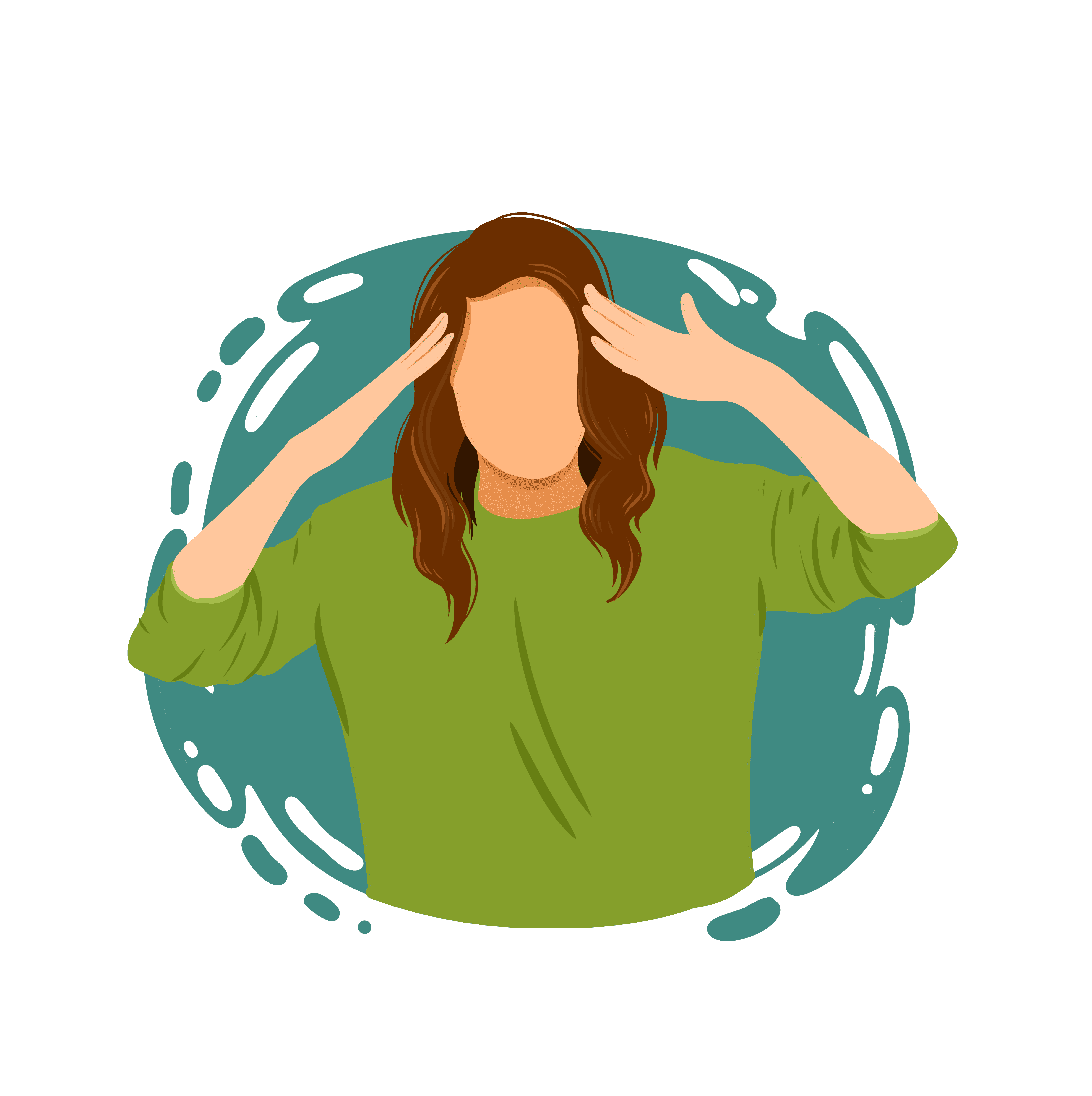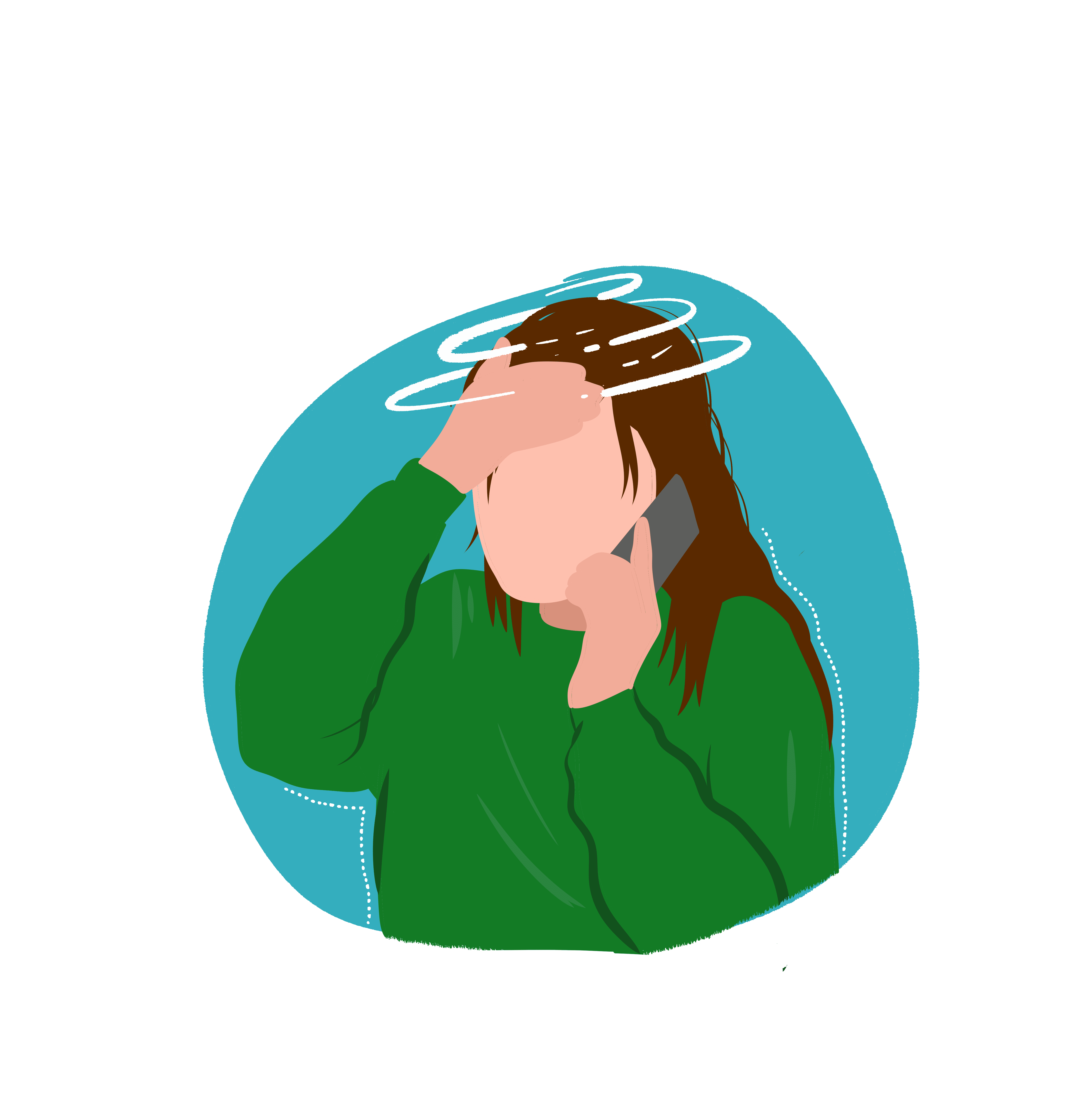Menopausal dizziness is indeed a symptom of menopause and has multiple factors that affect it. Several studies have covered dizziness induced by menopause and the primary cause of this is the hormonal fluctuation starting from perimenopausal to postmenopausal stages. It can be said that it is a chain of causes since the decline of oestrogen is not the direct cause but rather what starts it.
Hormone replacement therapy is indeed a valid option for treatment of this symptom but you must first consult your physician if it’s really the menopause that’s causing it. You can try natural remedies first such as drinking water and ginger tea as these alleviates dehydration and are proven effective based on research. Learn more about menopausal dizziness as you read through the article.
Is Dizziness a Symptom of Menopause?
Yes, menopause dizziness or “dizzy spells” is a potential menopausal symptom. Hormonal fluctuations, specifically a decline in oestrogen levels, might affect the autonomic nerve system, which controls the heart and blood vessels, and sometimes the physiological and psychological state in a form of anxiety. It is often characterised by vertigo, blurred vision, lightheadedness, or loss of balance.
Changing the position of your head, standing up, or moving about can trigger or intensify these sensations. You may experience nausea in conjunction with your dizziness, or it might strike suddenly and be severe enough to require you reclining or taking a seat.
According to the study of Masakazu Terauchi et al. from Tokyo Medical and Dental University, they conducted a test with 471 women in their menopausal stage; what they found was that 35.7% of the 471 women experienced dizziness once a week as a symptom of Menopause.
Although the precise mechanisms underlying this are still unclear, it is thought that hormone imbalances may affect the brain’s blood flow, and hence exacerbate episodes of dizziness. Effective management of dizziness during menopause requires an understanding of its causes.





